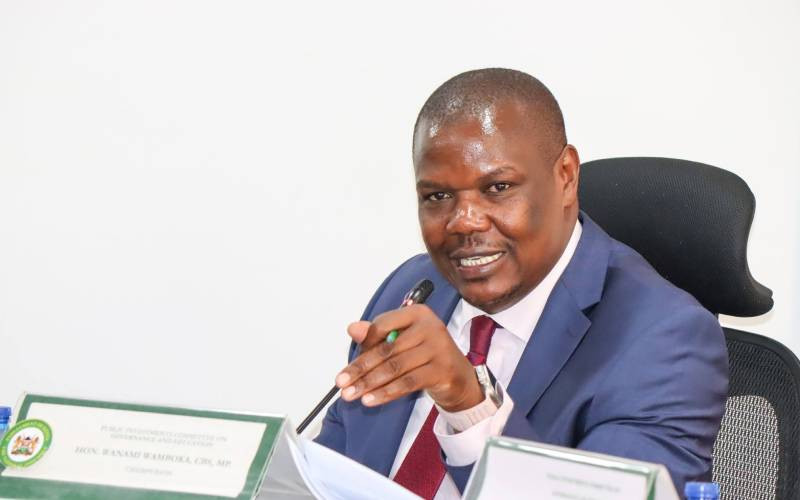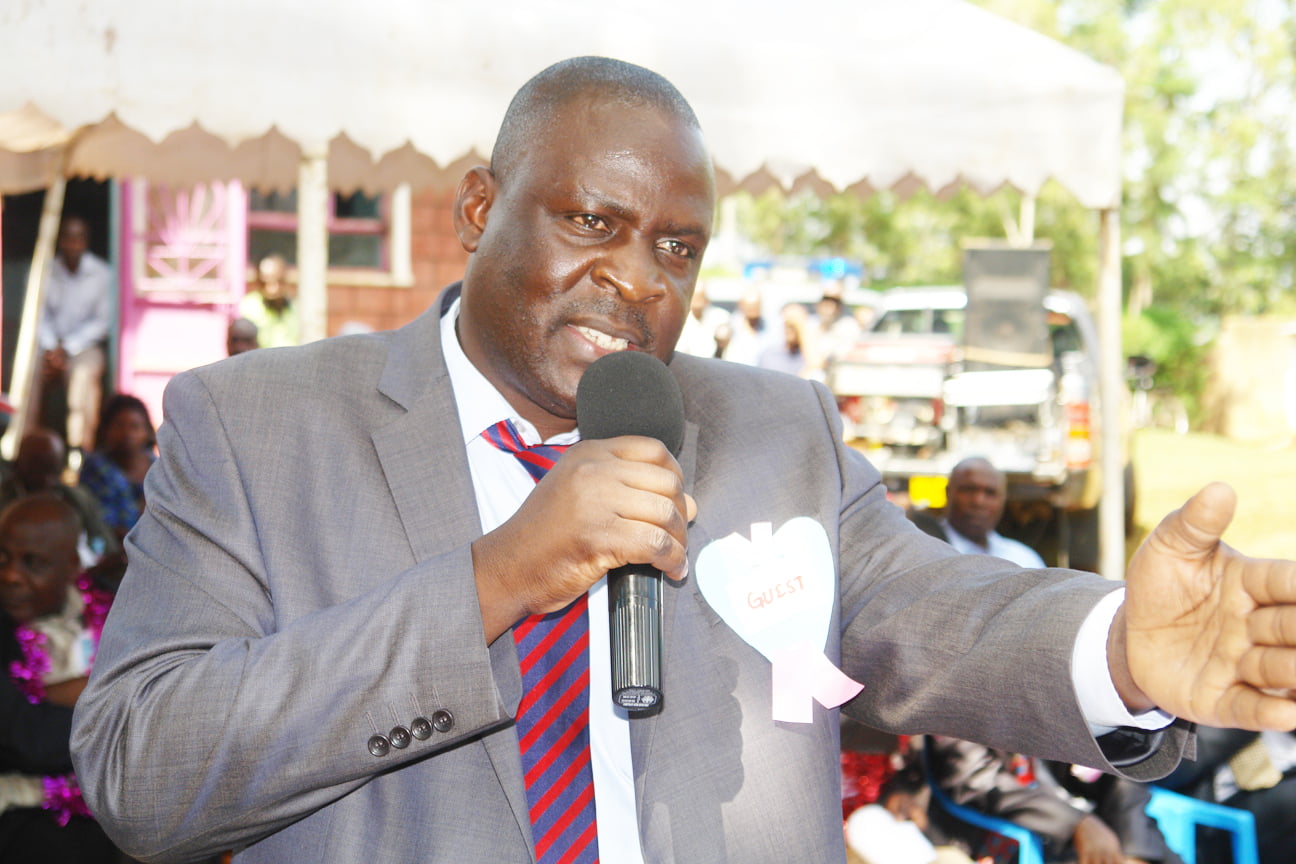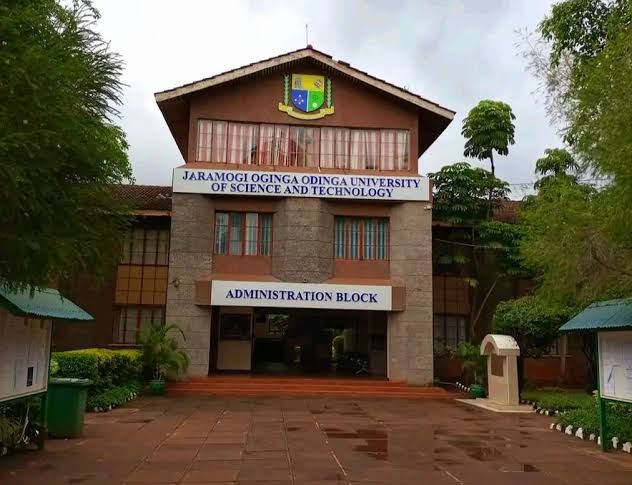As the war on fake certificates intensifies, the Kenya National Qualification Authority (KNQA) Director-General Dr. Alice Kande reveals that 26 institutions have obtained approval to upload their alumni records into their database to root out counterfeits.
Speaking during an African Continental Qualification Framework (ACQF) summit, Dr. Kande said that among the 26 institutions are 2 universities and 24 mid-level and technical colleges.
National polytechnics take the lead in securing recognition from the qualification agency, including Nyeri, Meru, Kenya Coast, Kisii, Sigalagala, Eldoret, Kisumu, and Kitale.
Mount Kenya University and Meru University of Science and Technology are the two universities that have navigated the rigorous qualification process, granting them the authority to upload their alumni’s records.
Under Kenyan law, the KNQA is entrusted with the responsibility of registering qualifications in its database.
The director lamented that the verification process for qualifications has been progressing at a slow pace, attributing the delay to the intricacies involved as she underscored the necessity of increasing capacity-building and awareness efforts to ensure that institutions are abreast with requirements.
“To date, we have registered over 30 institutions and more than 2,000 qualifications. We are moving forward to educate institutions on the necessary steps they need to take as the alumni registration process is quite comprehensive, and all the criteria must be met,” Dr. Kande stated.
Several other institutions have been verified, including Moi Teaching and Referral Hospital College of Health Science, Kenya Medical Training College, Kenya Red Cross, and the Kenya School of Government.
Others are Bandari Maritime Academy, Kenya Institute of Supplies Examination Board, Human Resource Management Professional Examination Board, Kenya Accountants and Secretaries National Examination Board (KASNEB), Kenya School of Revenue Administration, TVET Curriculum Development Assessment and Certification Council, and the National Industrial Training Authority.
Dr. Kande also emphasized that the verification process will extend to foreign institutions to test the authenticity and credibility of qualifications obtained overseas.
She averred that KNQA employs strict criteria, including legal authorization to conduct examinations and certification, approval from sub-sector regulators, and compliance with requisite professional bodies.
“For foreign institutions, proof of registration from their country of origin and certification of incorporation in Kenya are fundamental requirements,” she explained.
TVET Principal Secretary (PS) Dr Esther Muoria voiced her support for the initiative during the 3-day ACQF workshop.
She highlighted the programme’s goals as addressing issues within the education system, rectifying skill and competency mismatches, and promoting transparency and recognition of genuine qualifications to align with industry needs, ultimately offering clear progression pathways between qualifications.
By Viola Chepkemoi
Get more stories from our website: Education News
To write to us or offer feedback, you can reach us at: editor@educationnews.co.ke
You can also follow our social media pages on Twitter: Education News KE and Facebook: Education News Newspaper for timely updates.
>>> Click here to stay up-to-date with trending regional stories






